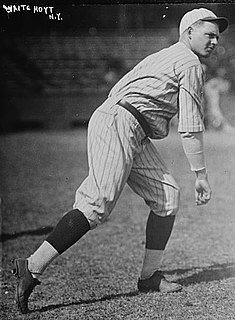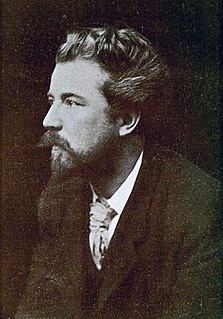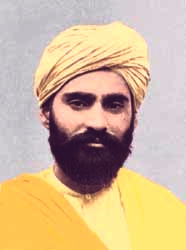A Quote by Maurice Allais
At the beginning of my career, my desire to understand was associated with a profound desire to act, with the wish to influence opinion and policy; but, over the years, this motivation has come to be of secondary importance, far behind my desire to understand.
Related Quotes
Celebration is not because some desire is fulfilled - because no desire is ever fulfilled. Desire as such cannot be fulfilled. Desire is only a way to avoid the present moment. Desire creates the future and takes you far away. Desire is a drug; it keeps you stoned, it does not allow you to see the reality - that which is herenow.
There was buried in Ruth humanitarianism beyond belief, an intelligence he was never given credit for, a childish desire to be over-virile, living up to credits given his home-run power - and yet a need for intimate affection and respect, and a feverish desire to play baseball, perform, act and live a life he didn't and couldn't take time to understand.
Philosophical argument, trying to get someone to believe something whether he wants to believe it or not, is not, I have held, a nice way to behave towards someone; also it does not fit the original motivation for studying or entering philosophy. That motivation is puzzlement, curiousity, a desire to understand, not a desire to produce uniformity of belief. Most people do not want to become thought-police. The philosophical goal of explanation rather than proof not only is morally better, it is more in accord with one's philosophical motivation.
Are not our desires inseparably intertwined with the continuation of life? Even the idea of eliminating desire is fruitless. The desire to eliminate all desire is still itself a desire. How can we find release and peace by replacing one desire with another? Surely we shall find peace not by eliminating desire, but by finding its fulfillment and satisfaction in the One who created it.





































